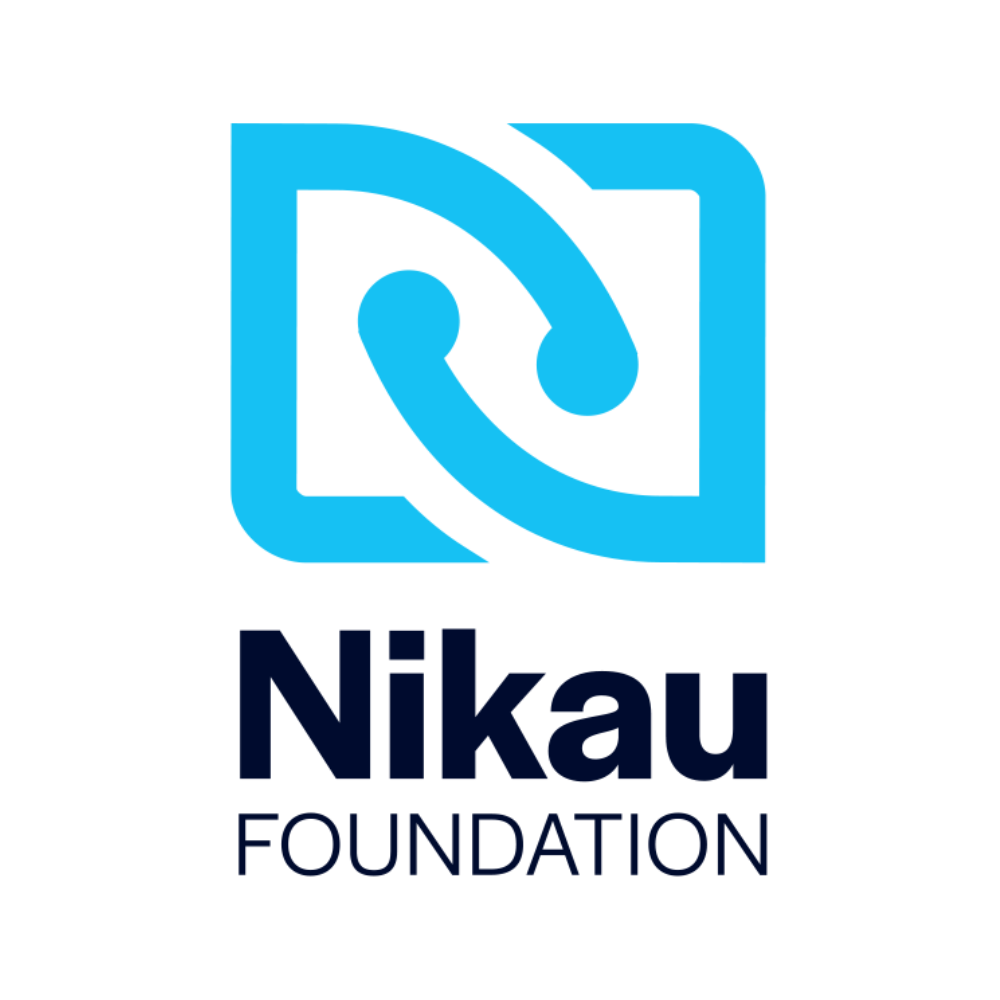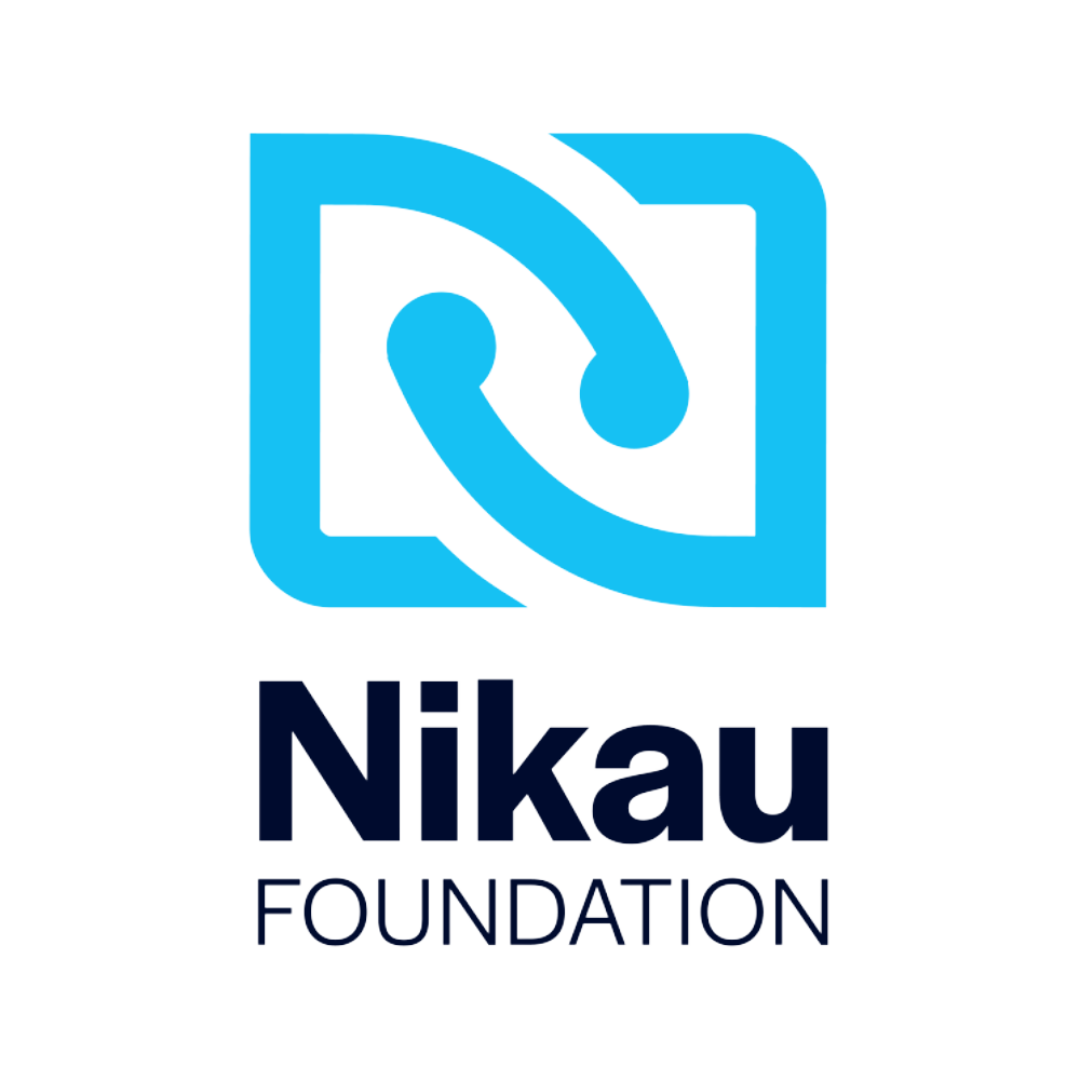Harnessing the power of people to deliver positive conservation outcomes.
Image credit: Rebecca Jamieson
“We take out the overwhelm so they can get on with the work,” says Wairarapa Pūkaha to Kawakawa Alliance General Manager Esther Dijkstra.
It’s a sound approach – when you’re working in the environmental space, there is certainly a lot of work to do. Established in 2021, what is colloquially referred to as WaiP2K has a mission to bring people together from Mount Bruce to Cape Palliser and mobilise volunteers to get involved in a range of local conservation projects.
WaiP2K takes on many of the behind the scenes tasks that are critical to running a not-for-profit – funding applications, profile building, engagement and advocacy – to create the best possible outcomes for our environment. This model works, says Esther, as it streamlines operations, eases volunteer fatigue and makes the best use of people’s skills. Ultimately, it means that work can be channelled where it is most needed – on the front lines planting native trees, restoring stream sides, managing pollution and conserving native species.
Game-changing resources to build capability
WaiP2K offers the opportunity for its 50+ organisational partners, mana whenua and regional councils to come together, connect, share resources and knowledge, integrate activities, access specific expertise and unleash the power of people. For these organisations, including Wairarapa Dark Sky, Lansdowne Residents Association, Ruamahanga Restoration Trust and Aorangi Restoration Trust, this kind of collaboration is transformative.
“The environmental challenges our region faces are immense, but through connecting and building our capability as a collective, we are working smarter to address them,” says Esther.
Image credit: Rebecca Jamieson
A significant step to eliminate pests
Following the success of other local Predator Free programmes throughout Aotearoa New Zealand, WaiP2K was inspired to introduce it in Masterton. The programme encourages communities to get involved in predator control and aims to restore and expand urban native habitats. “It will inspire whole neighbourhoods to take charge and collaborate to decrease numbers of rats,” says Esther.
“As much as possible, the Predator Free programme will really aim to break down barriers so anyone and everyone can play their part in creating better outcomes for our environment.”
To kick off the programme in a powerful engaging way, WaiP2K’s first step was to find a coordinator with the knowledge and background to inspire locals, tap into existing expertise in the community, develop educational material, promote the programme and empower locals to safely install and manage traps in their local area.
Nikau Foundation was delighted to provide a grant from the Roy and Jan Mace Fund to support salary costs. With this role secured and traps purchased, the programme officially launched in November to a buzz of local interest. Through word of mouth, education and the passionate actions of locals, WaiP2K hopes that the programme will grow, the pest population will decrease and urban green spaces will regenerate and flourish throughout Masterton.



